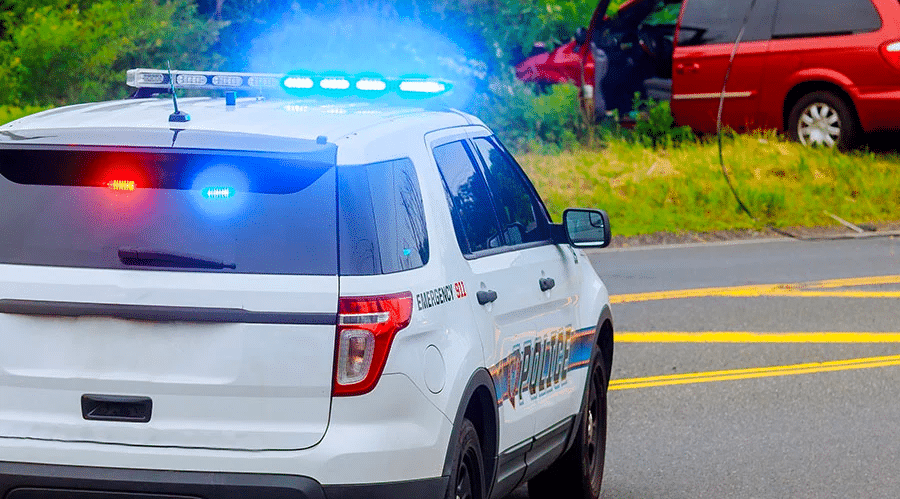
What Happens When You Call the Police After a Car Accident?
If you are involved in a car accident, one of the first steps that you want to take is to call the police. An officer will arrive at the scene of the crash and ensure that everyone is OK and that the scene can be contained if necessary. What are some other steps that an officer may take when he or she arrives at the accident scene?
Q: What should the Officer do?
A: Assuming that all parties are safe and able to talk, an officer will take statements from the drivers of the vehicle or vehicles involved in the accident. In most cases, statements will be taken separately to ensure that they can be taken in a timely and orderly manner.
A copy of any statement made by a driver will be part of the police report compiled and given to all parties as well as their insurance companies. If you remember something that you would like to add after the statement has been given, you can contact your insurance company or your lawyer to formally amend it.
Q: Who else statements should an officer get?
A: If there is a witness or witnesses to the crash, an officer will usually take their statements as well. Witnesses are generally not bound to stay at the crash scene, so they may be contacted later by an officer, a driver’s insurance company or by the driver’s counsel if they left contact information. While such statements may be considered heresy by a judge, they are often admitted into evidence when they may confirm an individual’s story.
Q: Should An Officer May Take Pictures of the Crash Scene?
A: While it is generally the responsibility of the drivers themselves to take pictures of a crash scene, an officer may do so in an especially violent collision. Other local or state authorities who are called to investigate the accident may also take pictures or collect physical evidence from the scene. Any evidence collected by an officer or any other authority may be sent to the parties involved in the crash or their representatives upon request.
Q: Should An Officer Conduct Field Sobriety Tests?
A: If it appears that a driver may be intoxicated, an officer may ask that person to perform field sobriety tests. In the event that such tests suggest that an individual is under the influence of drugs or alcohol, that person may be taken into custody. He or she may also be transported to a hospital for a blood test to confirm an officer’s suspicions.
Q: Can An Officer Issue Traffic Tickets or Other Citations?
A: Even if no one is taken into custody following an accident, an officer may still issue citations or tickets. Depending on the type of ticket or citation issued, an individual may be required to show up in court to answer the charge. However, it may also be possible for an individual to simply pay a fine through the mail.
Typically, an officer will be able to explain what the driver is being cited or ticketed for and how to resolve the issue. If a driver fails to appear in court or otherwise pay a fine, he or she could face more significant consequences such as a license suspension or even a warrant issued for their arrest.
Q: Can An Officers May Close Sections of a Road to Facilitate a Cleanup?
A: Car accidents have the potential to leave both debris and human remains scattered in a large area. Therefore, it may be necessary to close down a section of a road or even a busy highway. If roads are closed, authorities will post detour signs and otherwise keep the public posted as to when a route may again be open for travel.
Q: Should the Officers Get in Touch With Family Member or Friends of Accident Victims?
A: If an individual needs a ride home or needs to get in touch with an emergency contact, an officer may be able to help with that. This may be necessary if the driver doesn’t have a phone or doesn’t have a functioning phone because it was damaged in the accident. In the event that transportation cannot be arranged, an officer may actually give someone a ride back to work or back home from the accident scene.
After an automobile accident, it will be necessary to stay at the scene and call the police. From there, they can close the accident scene to additional traffic, take your statement and make sure that you have a ride to wherever you need to go. If you have any questions about how the police acted after your accident, you may wish to consult with your attorney.

